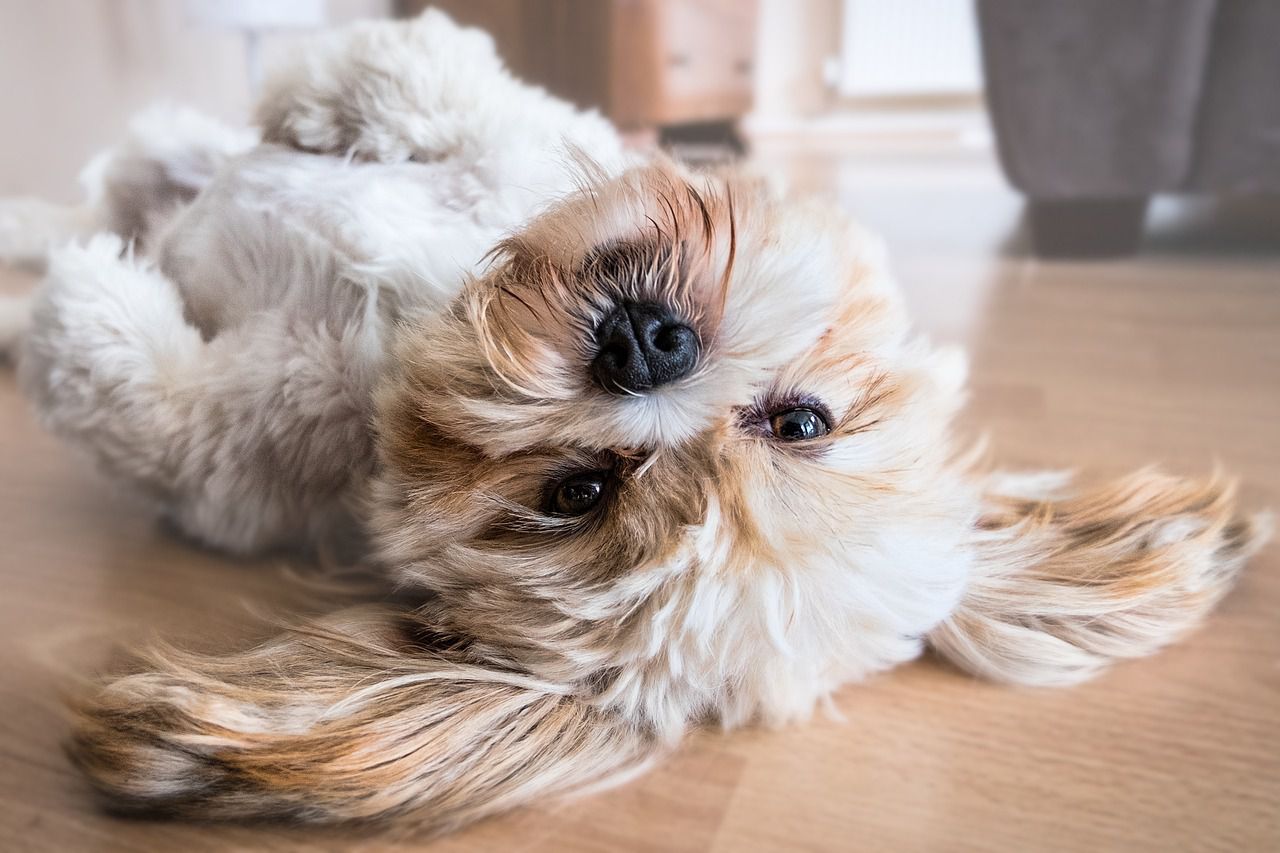Just like humans, pets have unique personalities and preferences that influence their behavior and interactions.
While most pets develop strong bonds with their owners and enjoy their company, there can be situations where a pet appears to dislike or show negative behavior towards their owners.
Several factors could contribute to this behavior.

Mismatched Personalities
Just like people, pets have their own personalities.
A pet with a more independent or aloof personality might not show as much enthusiasm or affection as a more sociable pet.
Medical Issues
Physical discomfort or pain due to illness, injury, or underlying health conditions can cause a pet to act differently, including being less affectionate or more irritable.
Lack of Positive Reinforcement
Positive reinforcement, such as treats, praise, and play, helps build trust and positive associations between pets and their owners.
If this is lacking, a pet may not feel motivated to engage with their owner.
Unfamiliarity or Newness
If a pet has recently been adopted or introduced to a new environment, they might need time to adjust and build trust with their new owner.
Initially, they might be cautious or reserved.
Misunderstood Communication
Pets communicate differently from humans, and misinterpretation of their body language or signals could lead to misunderstandings or perceived negative behavior.
Owner Behavior
Sometimes, an owner's behavior or actions can unintentionally contribute to a pet's negative response.
Frequent punishment, inconsistent treatment, or lack of attention can impact a pet's perception of their owner.












